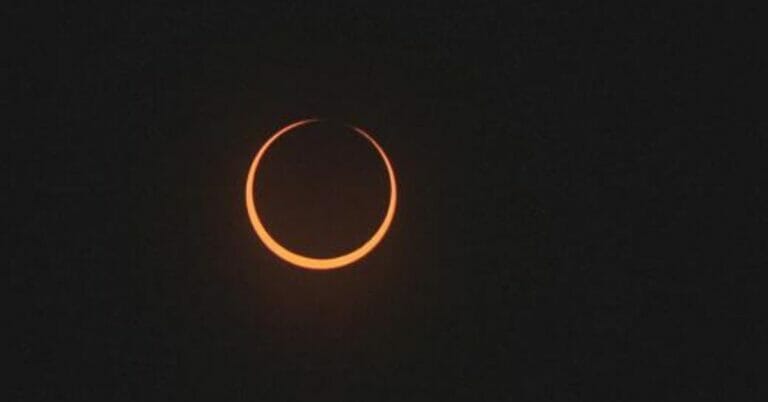The Power Tariff Hike of 54 Paisa per Unit

In recent developments, the National Electric Power Regulatory Authority (Nepra) has taken a critical stance on the Central Power Purchasing Agency-Guarantee (CPPA-G) for its expensive electricity generation practices. These practices have been a cause of concern as they bypass more cost-effective, local coal-based production, ultimately imposing an additional financial burden on consumers.
The Fuel Charges Adjustment (FCA) Request
During a recent public hearing, the CPPA-G sought an increase of Rs0.5471 per kilowatt hour (kWh) in electricity prices for September 2023. This increase was primarily attributed to the fuel charges adjustment (FCA). Nepra raised an important question during the hearing regarding the low utilization of local coal-based electricity generation, highlighting that it’s a more cost-efficient option.
Preference for Expensive Fuel Sources
The regulator observed that power plants running on expensive fuel sources were being favored, while more affordable power generation options were being overlooked. This preference for costly sources has not only led to increased electricity prices but also resulted in the underutilization of efficient power plants, with a significant financial impact.
Details of Electricity Generation
In their application, CPPA-G provided insights into the electricity generation for September 2023. A total of 13,339 gigawatt hours (GWh) of electricity was generated, with various fuels being used at an average price of Rs 7.417 per unit. Hydroelectric power generation accounted for 37.55% of total production at 5,009 GWh. Local and imported coal-fired plants generated 2,123 GWh at a price of Rs23.4119 per unit, contributing 15.91% to the total generation.
Power generation from residual fuel oil made up 1.8% of total production at 241 GWh, costing Rs37.0491 per unit. Gas-based plants produced 1,005 GWh, accounting for 7.54% of total generation, at an average price of Rs13.5206 per unit. Re-gasified liquefied natural gas (RLNG) contributed 15.95% to the total generation with 2,128 GWh at an average cost of Rs24.1876 per unit.
Furthermore, power generation from bagasse was recorded at 35 GWh, priced at Rs5.9822 per unit. Wind energy production constituted 3.08% of total generation at 410 GWh, while solar power production contributed 0.59% with 79 GWh.
Electricity generation from nuclear sources stood at 2,286 GWh, making up 17.14% of total generation, at a price of Rs1.1975 per unit. Additionally, 24 GWh of electricity was imported from Iran at a cost of Rs23.7976 per unit, constituting 0.18% of total generation.
Conclusion
The recent developments in the power sector, including the requested tariff increase and the preference for expensive fuel sources, have raised concerns among consumers. Nepra’s scrutiny highlights the importance of cost-effective power generation and the need for a more balanced approach to electricity production. The ongoing debate surrounding electricity tariffs and fuel source selection continues to be a key issue in the power sector.






